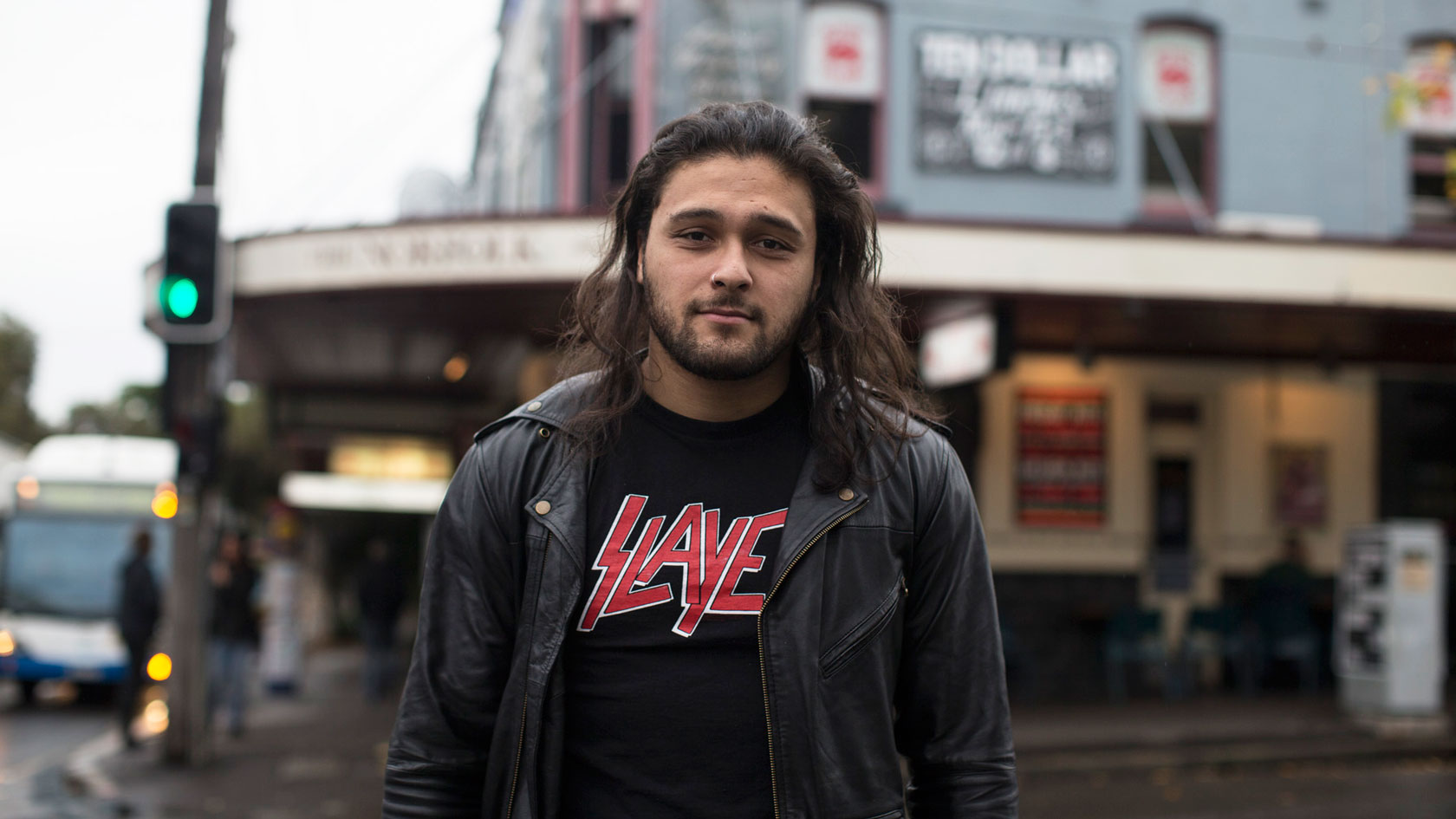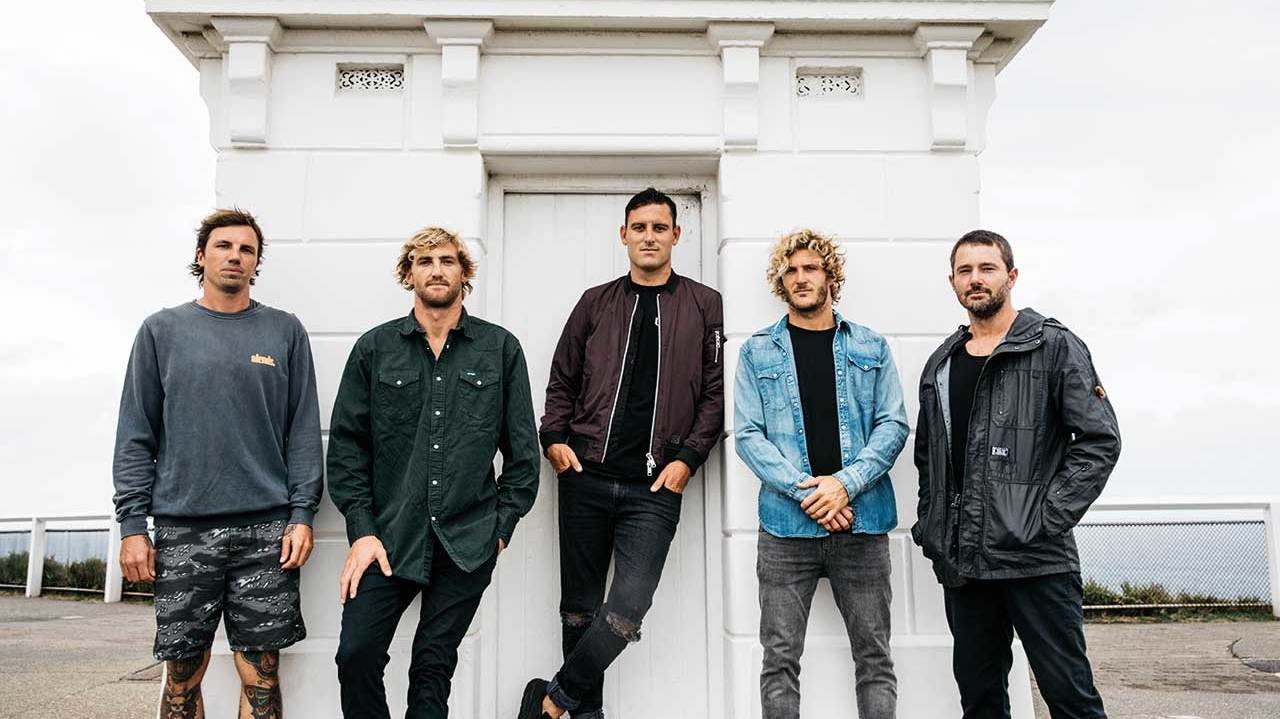There were three suicides this year alone, farewelled with little fanfare because they worked behind the scenes. Last week, Dan Sultan went off the road to get help. Gang of Youths’, David Le’aupepe also posted on Instagram about how he almost took his life four years ago, and the constant struggle that comes with a life devoted to rock ‘n’ roll.
The music industry is doing its bit to take responsibility, largely through charities Support Act and Entertainment Assist. Sydney-based Support Act is launching a 24-hour mental wellness line and also plans to set up an office in Melbourne to better help musicians and industry workers with health, financial, family and addiction issues. A similar 24-hour helpline in New Zealand has already proven invaluable. In its first year, it received 85 calls, and, while most callers just needed to talk to someone for an hour or so to discuss their anxieties, 21 of those 85 were referred to more intense counselling. 12 percent were referred to GP’s and community mental health providers for primary care, while 28 percent had already received a clinical diagnosis of a mental health or mood disorder.
Support Act and Entertainment Assist are being funded by donations from Alberts Records and Levi’s Australia. A recent luncheon in Sydney honouring Archie Roach also raised $200,000 from an auction, raffle and cheques from various music companies (Frontier Touring wrote one out for $50,000) going towards Support Act as well.
Three years ago Entertainment Assist released a survey with alarming results, showing that among entertainment folks, the suicide rate is double that of the general population, depression was five times higher and moderate to severe anxiety was ten times higher. Entertainment Assist and the Australian Alliance for Wellness in Entertainment have done further research on solutions, which will help to develop and implement a Prevention First Framework for Mental Health in the Australian Entertainment Industry.
“Mental health and wellbeing in the Australian entertainment industry is our shared responsibility. It is vital that individuals know how to support their colleagues and get support when they need it. We’ve identified the problem. It’s now time to work on the solution together”, says, Susan Cooper, General Manager of Entertainment Assist.
Part of the solution could be working with other sectors, for instance, UK orchestras are working with sporting bodies to the stress that can come with each of their respective crafts. Classical musicians and elite athletics may seem totally different, but both are under pressure to perform to perfection, are under constant criticism from fans and media, and operate on hectic schedules. Therefore both can feel the strain, guilt and shame that can come with not achieving that perfection, which can lead to failure-based depression.
The Royal Liverpool Philharmonic Orchestra has developed a program aimed at supporting the physical and mental health of musicians. The program acknowledges research in elite sport and will involve musicians working with a performance psychologist. UK medical groups are calling on musicians to help, having worked out that singing sessions help those in the wider community to deal with depression and anxiety.







